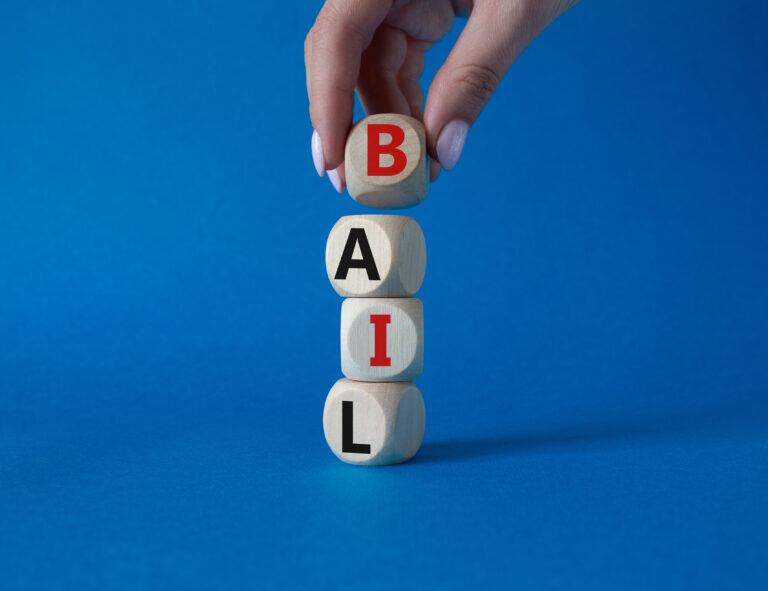Defendant Rights vs. Victim Support: The Balancing Act
In any criminal case, there are two parties at play: the defendant and the victim. Both parties have rights that must be protected throughout the legal process, but sometimes these rights can contradict each other, leading to a difficult balancing act. On one hand, defendants have the right to a fair trial, the presumption of innocence, and protection against unreasonable searches and seizures. On the other hand, victims have the right to justice, the right to be heard, and the right to feel safe. In this article, we’ll explore the tension between defendant rights and victim support, and how we can find a balance that protects both parties.
Two Sides of the Same Coin: Exploring the Tension between Defendant Rights and Victim Support
Defendant rights and victim support can sometimes be at odds with each other. For example, defendants have the right to remain silent and not incriminate themselves, but this can make it difficult for victims to get the information they need to seek justice. Similarly, defendants have the right to a speedy trial, but this can make it difficult for victims to have enough time to prepare their case. These conflicting rights can create tension and make it difficult for the legal system to provide justice to both parties.
However, it’s important to remember that defendant rights and victim support are two sides of the same coin. Protecting defendant rights is crucial to ensuring that the legal system is fair and just, and that innocent people aren’t wrongly convicted. At the same time, providing support to victims is crucial to giving them a voice, ensuring that they feel heard, and helping them to recover from the trauma they’ve experienced. The challenge is finding a balance that protects both parties and ensures that justice is served.
Finding the Balance: Protecting Defendant Rights and Victim Support
So, how do we find a balance between defendant rights and victim support? One way is to ensure that both parties have access to legal support and resources. This means providing defendants with adequate legal representation and access to evidence, while also providing victims with support and advocacy services. Another way is to ensure that the legal system is transparent and accountable, so that both parties can trust that they are being treated fairly.
Ultimately, finding a balance between defendant rights and victim support requires a commitment to fairness, justice, and compassion. It requires recognizing that both parties have rights that must be protected, and that justice can only be served when those rights are respected. By working together to find a balance that protects both parties, we can ensure that the legal system is fair, just, and compassionate for everyone involved.
In conclusion, balancing defendant rights and victim support is a difficult but necessary task in the legal system. By recognizing the tension between these two important priorities and working together to find a balance, we can ensure that justice is served for everyone involved. It’s not always an easy task, but it’s a crucial one for building a fair and just society.
Article by:
5 Hwy 35 S
Rockport, TX 78387
Phone: 316-790-5000







